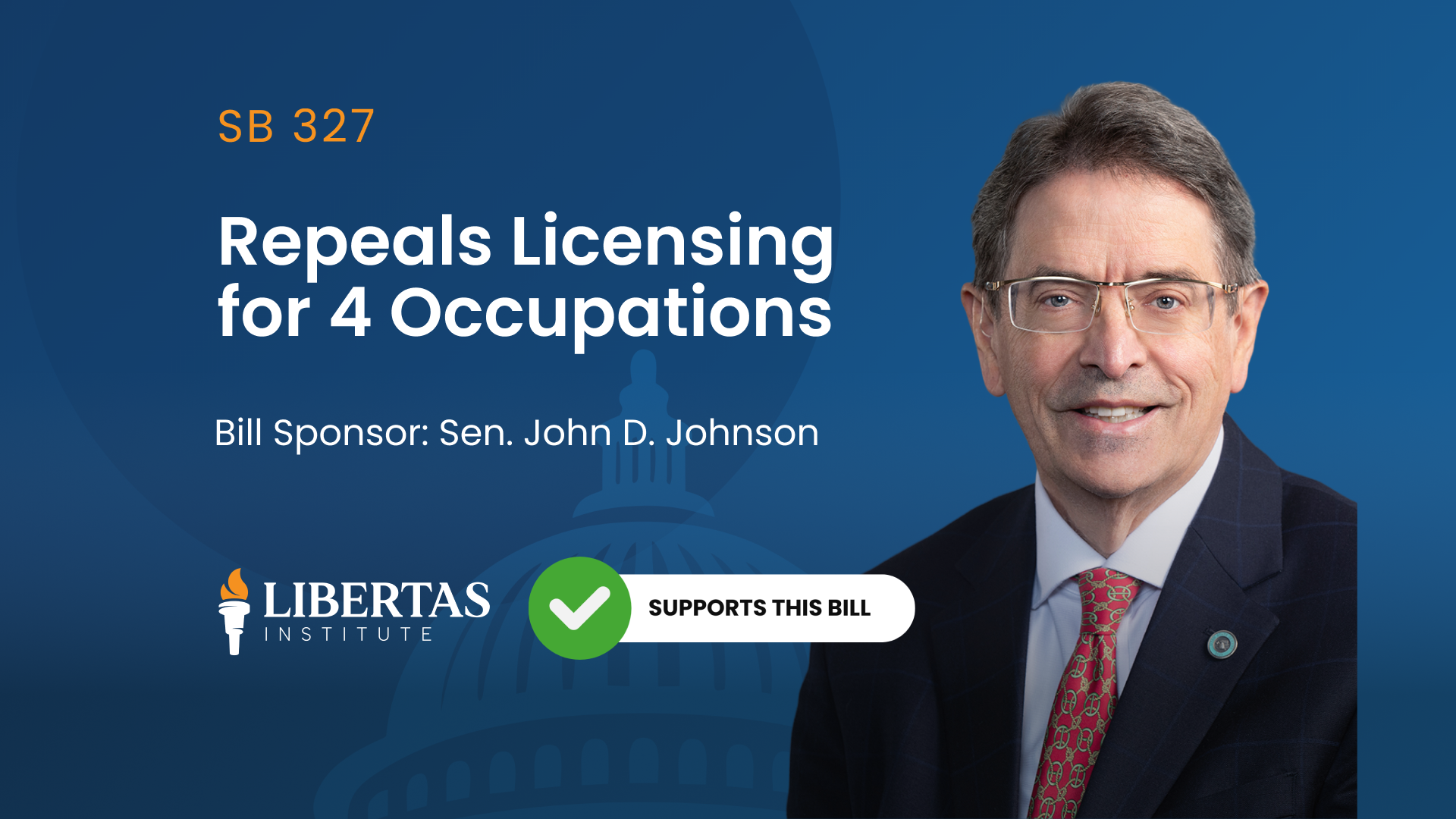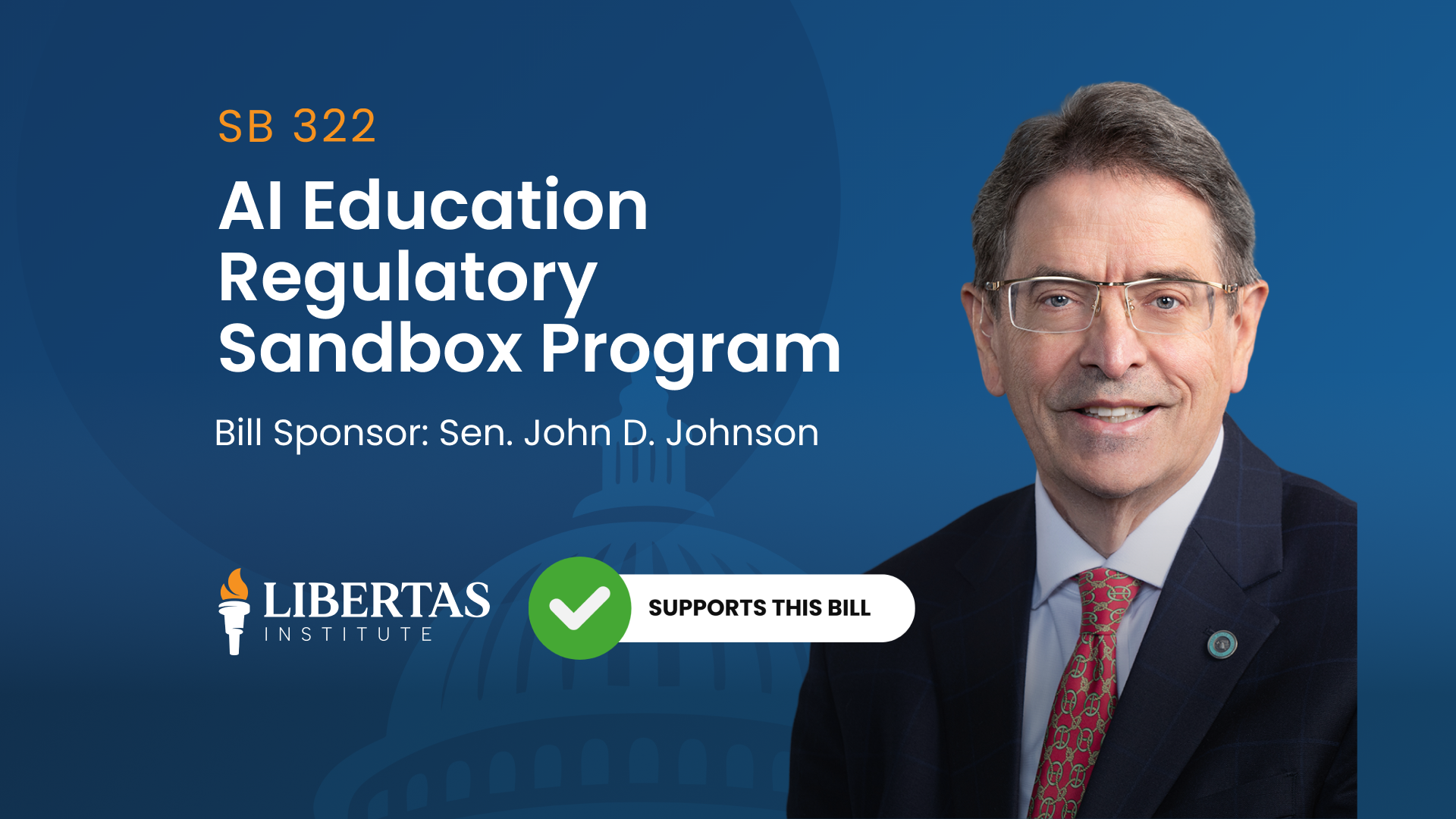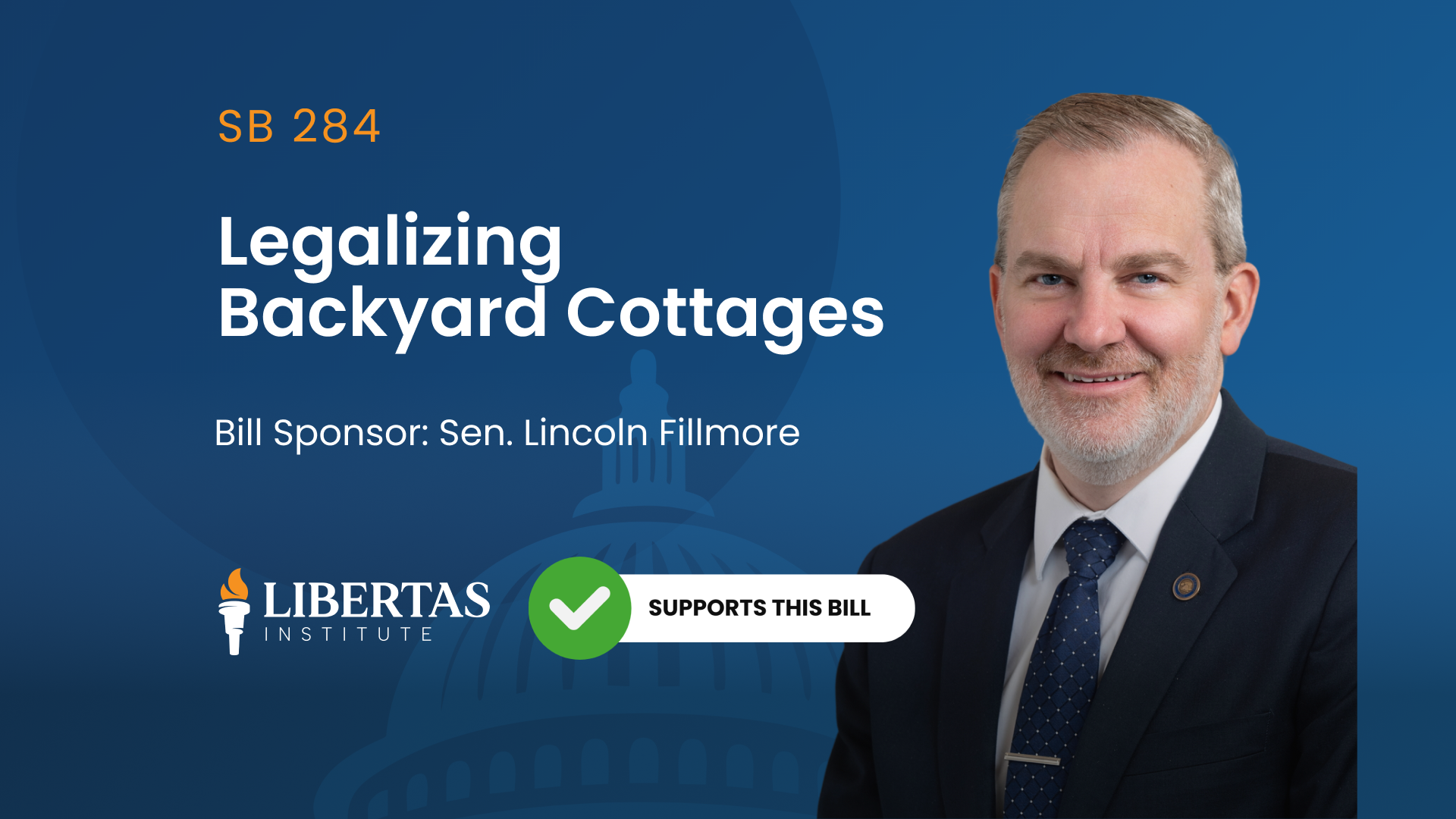This bill failed in committee. Libertas Institute supports this bill
Most states restrict the tint a driver may have on their vehicle, with differing percentages of light transmission required for different windows. For the front side windows (driver and passenger), Utah allows tinting so long as at least 43% of exterior light can pass through it.
Representative Phil Lyman is sponsoring House Bill 289 to lower this limit to 25%—meaning that drivers could legally operate with darker tint on their front side windows.
While law enforcement is expected to object to this proposal, citing their desire to more easily see into cars, this bill is an important and reasonable measure that will assist drivers with increased privacy (like breast-feeding mothers) and better heat reduction.
Further, every single one of Utah’s neighboring states allows for darker tinting on front side windows than Utah currently does:
- Idaho: 35%
- Wyoming: 28%
- Colorado: 27%
- New Mexico: 20%
- Arizona: 33%
- Nevada: 35%
Especially in light of the Utah Legislature repealing mandatory vehicle safety inspections two years ago—an often arbitrary process in which people would be penalized for, among other things, having a window with slightly darker tint than was legally allowed—it is time for the Legislature to allow drivers in a hot, desert state the ability to reduce heat within their vehicle and increase their personal privacy by opting to install a stronger tint on their front side windows.




